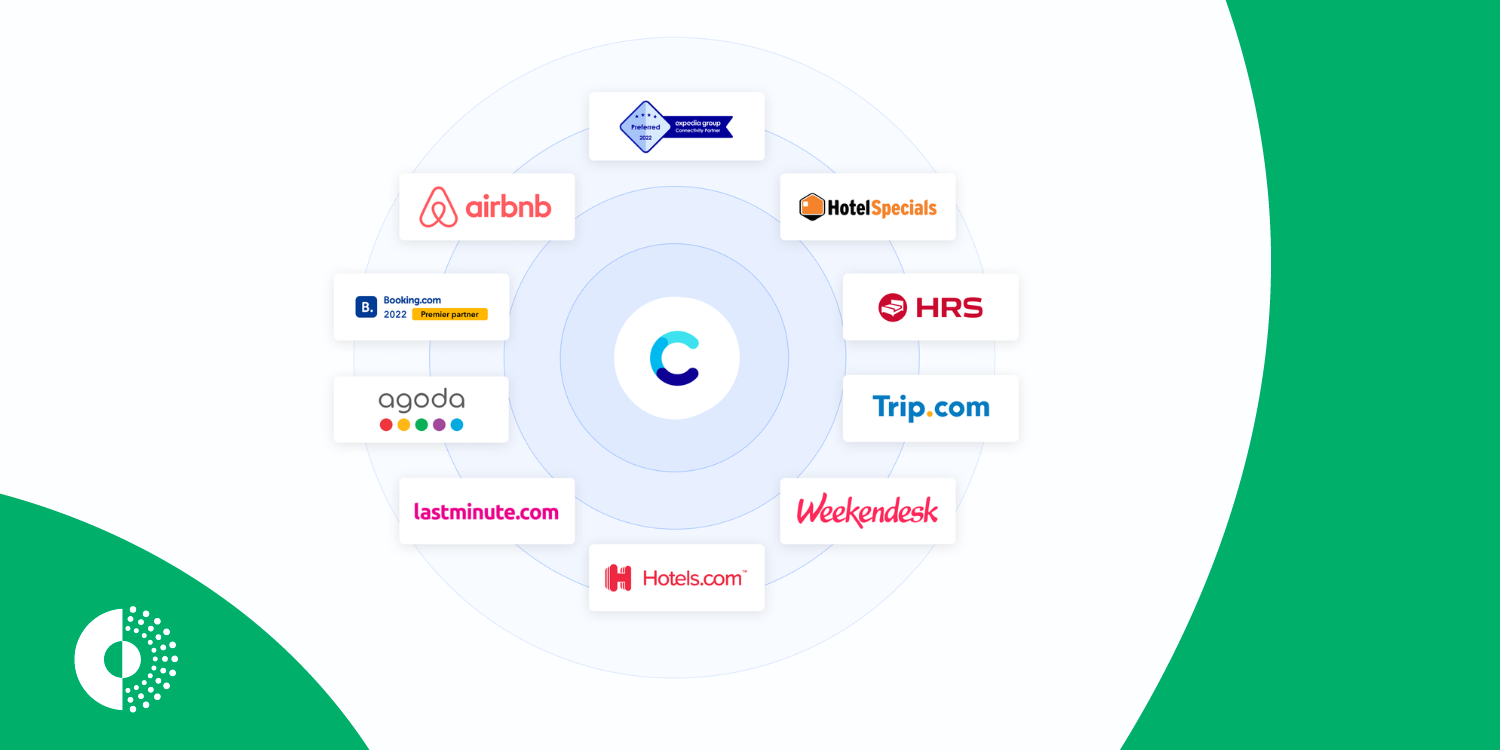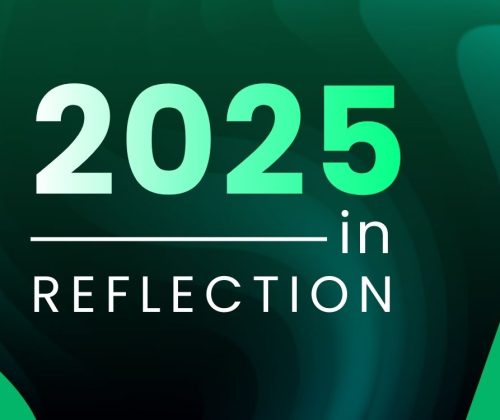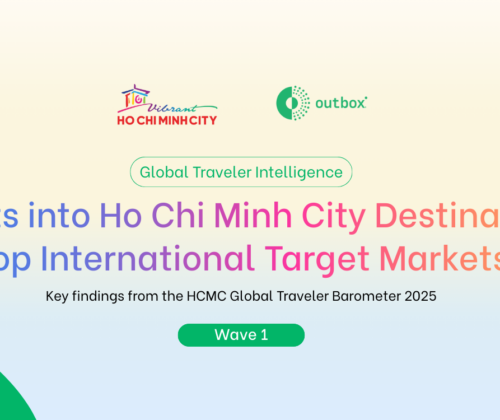As Vietnamese travelers become more dependent on technology for planning their trips, online travel agents (OTAs) have established themselves as essential intermediaries in the travel ecosystem. This blog highlights the top OTA brands preferred by Vietnamese travelers, based on data from the Vietnam Travel-Focused Omnibus Survey. This monthly tracking model continuously gathers responses from over 4,500 Vietnamese travelers throughout 2024.
The ranking reveals the dominance of global players and the growing significance of localized experiences in influencing consumer behavior. The survey data measures brand awareness through two key indicators: P12M users—representing those who have interacted with the brand in the past 12 months—and total users, which reflects overall brand recognition. These metrics comprehensively show each brand’s market penetration and influence among Vietnamese travelers.
The Dominance of Global Players: Same Stage, Different Performance
Global OTAs dominate the Vietnamese travel market, but their success varies significantly in terms of brand awareness and usage. Traveloka, Booking.com, and Agoda lead the pack, yet each brand demonstrates a distinct level of familiarity among travelers.
Traveloka holds the leading position, with 82% of respondents familiar with the brand over the past 12 months and 72% recognizing it overall. By tailoring services to the Vietnamese market—such as integrating local payment options and offering Vietnamese language support—Traveloka bridges the gap between a global platform and local needs, giving it a competitive edge over its global peers.
In second place, Booking.com has achieved significant recognition, with 81% of users aware of the brand over the past year and 73% aware in total. While its brand equity is comparable to Traveloka’s, Booking.com is perceived as a more international-centric platform, appealing especially to those seeking outbound travel experiences.
Agoda ranks third, with 78% of users familiar with the brand in the past 12 months and 64% overall recognition. Agoda’s focus on hotel bookings, particularly in Asia, resonates well with price-sensitive Vietnamese travelers. Through promotional campaigns and flexible booking options, Agoda has cultivated a loyal customer base among frequent travelers.
Interestingly, Trip.com—an international OTA with growing regional influence—occupies a space somewhere between global and local players. With 39% P12M awareness and 32% total awareness, Trip.com’s success stems from its ability to position itself as a hub for both regional and global travel, especially within Asia-Pacific. Its appeal lies in combining global inventory with regional expertise, catering to Vietnamese tourists increasingly interested in short-haul international trip
Domestic Players vs. Global Giants: Finding Strength in Localization
While global OTAs dominate the market, local brands are carving out space by offering more personalized and relevant experiences for Vietnamese travelers. Mytour.vn stands out as the leading domestic player with 43% P12M awareness and 38% total awareness. Mytour.vn focuses on promoting domestic destinations, offering localized content, and providing customer service tailored to Vietnamese preferences. This localized approach allows Mytour.vn to compete not by matching the scale of global OTAs but by offering a deeply familiar and culturally relevant user experience.
Comparing global and domestic OTAs reveals that while international players leverage scale and global connectivity, local OTAs focus on cultural relevance and customer proximity, which remains a powerful differentiator for travelers prioritizing domestic experiences.
For businesses and destinations, these insights highlight clear opportunities to refine strategies in a highly competitive market. International Online Travel Agencies (OTAs) should continue investing in localized content and services to stay relevant, while domestic players should focus on enhancing the customer experience and addressing underserved segments, such as niche travel or emerging destinations. Furthermore, partnerships between OTAs and destinations can enhance visibility and improve the traveler experience, creating a mutually beneficial ecosystem.
As we move deeper into an increasingly digital world, the competition for consumer attention will intensify. Both global and local brands must prioritize innovation, personalization, and collaboration to win over Vietnamese travelers in 2024 and beyond. Although the landscape is competitive, it also presents numerous opportunities for those willing to adapt and evolve.
To deeply understand how Vietnamese travelers engage with these platforms, stay tuned to our new report Vietnam Travel Tech 2024 – to be released soon this February!




